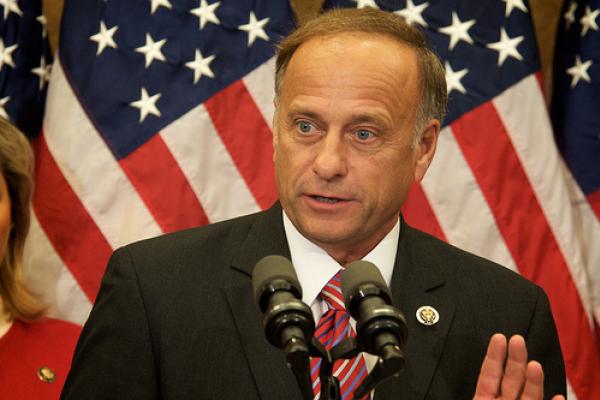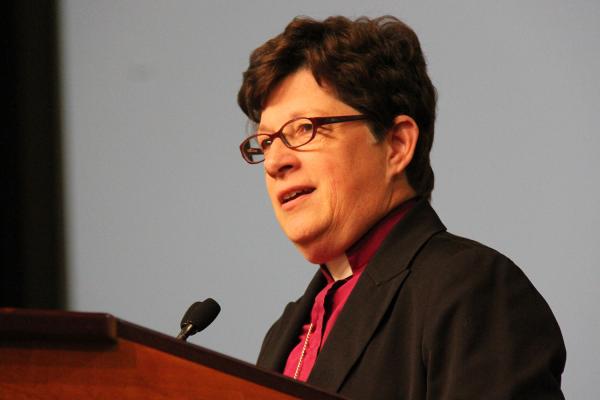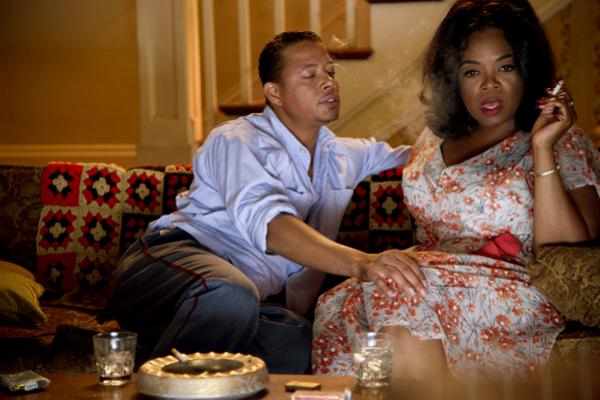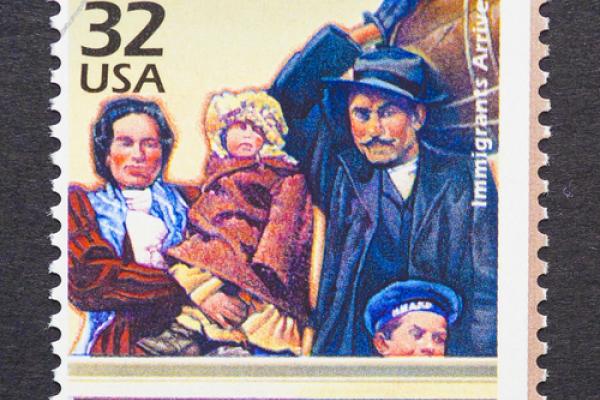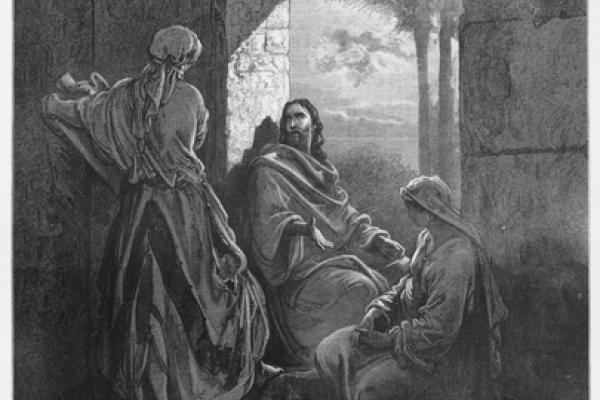In the New Testament book of James, we are cautioned about the power of our tongues. “With the tongue we praise our Lord and Father, and with it we curse human beings, who have been made in God’s likeness. Out of the same mouth comes praise and cursing. My brothers and sisters, this should not be” (3:9-10).
This is a lesson that Iowa Congressman Steve King apparently needs to learn. On Sunday, Rep. King appeared on Meet the Press and stood by his outrageous assertion that:
“For every [undocumented immigrant eligible for the DREAM act] who’s a valedictorian, there’s another 100 out there that weigh 130 pounds and they’ve got calves the size of cantaloupes because they’re hauling 75 pounds of marijuana across the desert.”
Given the absurd and offensive nature of his statements, strong criticism swiftly followed. The Washington Post’s fact checker awarded it “Four Pinocchios,” which is a rating that is only applied to “whoppers.” House Speaker John Boehner previously denounced the comments as “offensive” and out of line with our society’s values.
Rep. King is known as an ardent opponent of immigration reform and has made controversial statements in the past, so his latest remarks are neither shocking nor a surprise.
But they should be.
The Evangelical Lutheran Church in America on Wednesday elected the Rev. Elizabeth Eaton as the denomination’s first female presiding bishop. Eaton received 600 votes against incumbent Presiding Bishop Mark Hanson, who received 287.
Eaton, the current ELCA bishop of Cleveland, is married to the Rev. Conrad Selnick, an Episcopal priest. Like Hanson, she is considered a moderate who supported the denomination’s decision to allow partnered gay clergy while allowing room for churches to disagree, according to the Pittsburgh Post-Gazette.
A native of Cleveland, she received a master of divinity degree from Harvard Divinity School.
“We are a church that is overwhelmingly European in a culture that is increasingly pluralistic,” Eaton told the ELCA Churchwide Assembly in Pittsburgh shortly after the election.
“We need to welcome the gifts of those who come from different places, that is a conversation we need to have as a church.”
The Evangelical Lutheran Church in America elected the denomination's first female presiding bishop today. In a vote of 600 to 287, the Rev. Elizabeth Eaton, bishop of the ELCA Northeastern Ohio Synod, will take over from current Presiding Bishop Rev. Mark Hanson. Religion News Service reports:
“When I stood before you 12 years, I told you this is not an election won, this is a call received. And now this call has been extended to Bishop Eaton,” Hanson said at the assembly. “This is a humble and a holy privilege to serve the gospel as the pastor of this whole church.”
Read more here.
Eugene Allen served eight presidents as a White House butler, and his legendary career is the inspiration for Lee Daniels’ The Butler, a film starring Oprah Winfrey, Jane Fonda, and a host of A-list Hollywood talent.
But members of The Greater First Baptist Church knew the man who died in 2010 by other titles: usher, trustee, and a humble man of quiet faith.
More than any other organized religion in the United States, the Catholic Church is an immigrant church that has grown with the nation, welcoming successive generations of immigrants who have helped build our country. To borrow a phrase from a toy store, immigrants are us.
More recently, some have questioned the bishops’ involvement in the national debate over immigration, perhaps wanting the church to stay neutral. But if they did so, they’d be untrue to their roots.
The church and her institutions have welcomed and helped integrate into American life Irish and Italian immigrants who arrived in the late 19th and early 20th centuries; Central and Eastern Europeans who fled Europe after the Second World War; and Latin American and Asian populations more recently.
Just to get it out there, this story about Mary and Martha has always irritated me, because I think Martha is awesome, and she’s always made out to be a busy-body and a whiner.
See, Jesus is welcomed into the home of Mary and Martha and the thing to understand is that Jesus didn’t exactly travel alone. Dude had an entourage — so to welcome Jesus is to welcome who Jesus brings in with him. And to extend hospitality to that many people takes a lot of work, so Martha becomes understandably overwhelmed by her tasks and tries to get Jesus to talk her sister Mary into helping her, since Mary up until this point has only been sitting at Jesus’ feet listening. Jesus tells Martha that Mary has chosen the better part and it will not be taken from her.
Several years ago, Michael Emerson and Christian Smith criticized the quick-fix approach to racism found in the evangelical race reconciliation movement. They noted that evangelicals tended to address systemic racism through promoting interracial interactions at one-time events such as Promise Keepers rallies. Ironically, this approach tended to increase rather than decrease racism because it gave white evangelicals just enough exposure to people of color to think they now understood race without enough systemic interaction to expose them to the endemic nature of racism. They suggested instead that the preferred response was to engage in political and legal advocacy in order to change the institutional nature of racism. However, what they failed to address in that book is that political and legal approaches to race often suffer from the same quick-fix approach.
Today, we see the same quick-fix dynamics in the outcome of the George Zimmerman trial. Some are focusing again on developing interracial interpersonal relationships, while other evangelical groups have focused on legal advocacy. But in our rush to promote a “solution,” we may end up creating more harm than good. I believe evangelicals have the possibility of addressing racial injustice in a more creative way that could get more closely to the roots of the problem if we took the time to think creatively.
